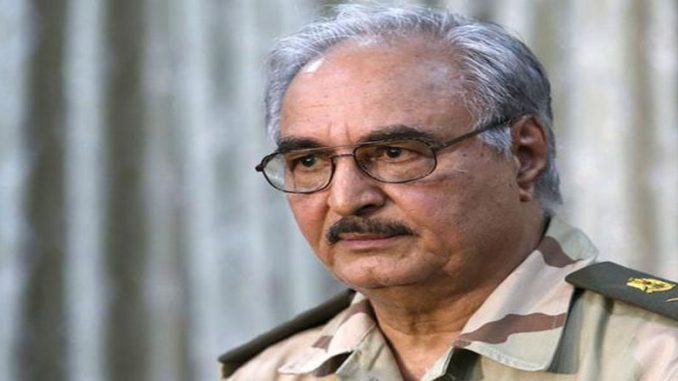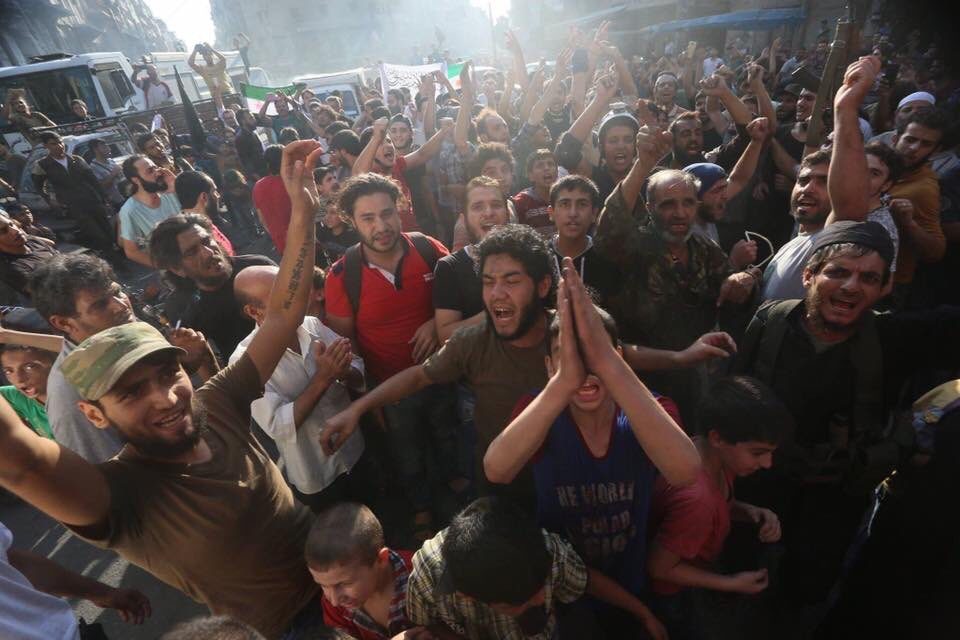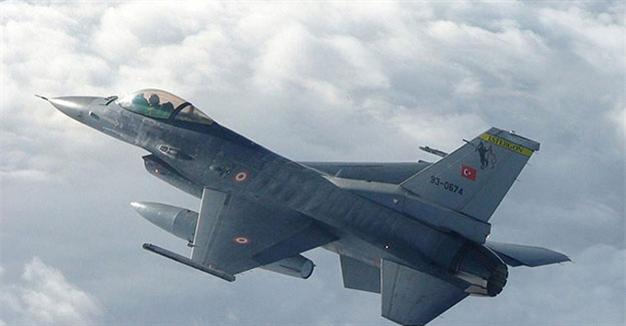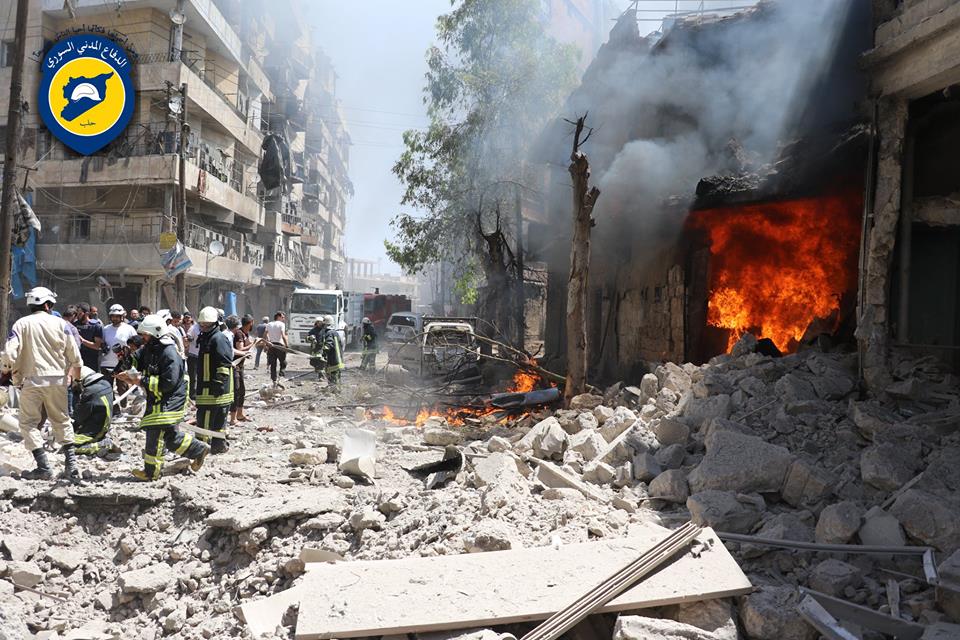
Libya’s military commander Khalifa Haftar is due to visit Moscow on Saturday to discuss a peace plan involving a ceasefire and political talks, a Russian official said on Friday.
Libya’s military commander General Khalifa Haftar is due to visit Moscow on Saturday to discuss a peace plan involving a ceasefire and political talks, a Russian official said on Friday.
Last month, France hosted a rare meeting between Libya’s UN-backed Prime Minister Fayez al-Sarraj and Haftar in the hope of clinching a political agreement to end years of fighting since long-time dictator Moammer Gaddafi was toppled and killed.
“Relevant questions on reconciling the parties and the conflict will be raised,” Lev Dengov, who heads Russia’s Libya contact group, said.
Haftar will also discuss “the issue of his eventual meeting with the prime minister” of Libya’s government, Sarraj, Dengov added.
Haftar is backed by Russia, Egypt and the United Arab Emirates.
A source close to the presidential council of the Government of National Accord (GNA) told The New Arab that Sarraj had also received an invitation to the Russian capital Moscow.
The proposed talks will take place at a later date and are unrelated to Moscow’s meeting with Haftar, the source claimed.
The agreement reached by the rival leaders in Paris has not yet been implemented, the source said, with the presidential council waiting on the outcome of meetings between tribal representatives.
The UN-backed Libyan government received the leaders of four eastern tribes allied with the country’s eastern government on Wednesday to discuss how to unify the country under a civilian government.
In a 10-point declaration ahead of the Paris meeting, the rival leaders agreed to work on a roadmap for security and defence, unifying national institutions such as the National Oil Corporation and the central bank, and holding elections as soon as possible.
Oil-rich Libya has been in turmoil since long-time leader Moammer Gaddafi was toppled and killed in 2011.
The United Nations has been struggling for months to re-launch talks on a deal reached in 2015 on setting up a national unity government that has been rejected by Haftar and other factions.



